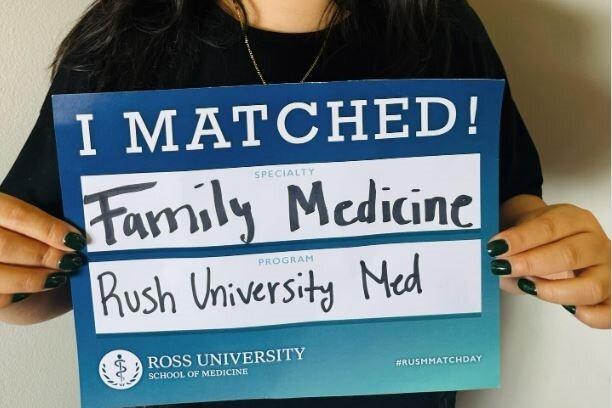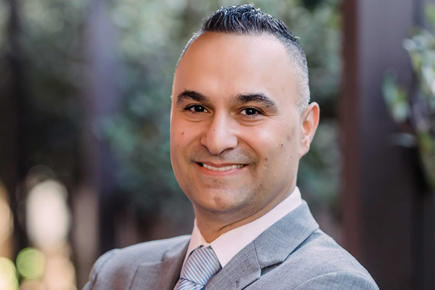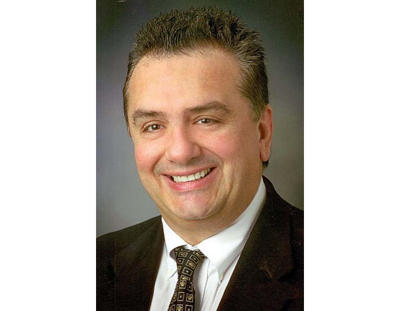Recent Ross University School of Medicine (RUSM) graduate Rachelle Krause, MD—a native of Courtice, roughly 40 miles away from Toronto, Canada—remembers the exact moment she decided to become a physician. It was during an exchange program to South Africa years ago, while she was still in high school.
“That was the first time I saw real poverty—people who had nothing,” says Krause, one of 13 RUSM graduates who matched through the Canadian Resident Matching Service’s (CaRMS) first iteration on March 4, 2015. Krause earned a residency in University of Toronto’s internal medicine program, grabbing one of 12 available IMG slots. She was one of hundreds of applicants to the program.
Choosing a Career That Could Change Lives
That South Africa exchange trip, she notes, was an important event in her life: one that pointed toward a career that could “have the biggest impact on people’s lives directly, and where I’d be on the front lines delivering that care.”
“I think I could have done lots of things with my life—be a researcher, enter the business world—but for me, being a doctor made sense,” she says. “It just fit.”
Internal medicine, she says, was her goal from the very beginning. Krause is “pumped” to start her residency, and even happier that she earned a placement so close to home.
How RUSM Prepared Her for Success
On her medical school experience, she sums it up nicely: RUSM prepares you, but you don’t always know you’re being prepared while you’re being prepared.
"You get pulled out of your comfort zone,” she says. She’s referring to Dominica—home of RUSM’s technologically advanced basic sciences campus, where RUSM students spend the early part of their medical education. “All of the resilience and resolve you gain from your time on the island is empowering. You’re kind of like a fighter when you come out of the program, and that in itself is a huge component to success—that you’re trained to work really hard for what you want.”
“The rigor of the program is just top-notch,” she adds. “You would never get the amount of exposure to so many different medical scenarios and cultures if you were at any other school. You wouldn’t even get that at a Canadian school.”
The student support she received from RUSM advisors in Canada, she says, also made a difference.
“Every single person’s experience [at RUSM] is going to be completely different, and we always had someone to turn to when we had questions or needed help with something,” she says. “[Advisors will] come down to the island, they’ll visit the town you’re doing clinical rotations in—you can text them, message them, or email them, and you’ll always get an answer.”
Plans for the Future After Residency
Looking forward, Krause is considering exploring fellowships after completing her residency training. Though she’s still mulling exactly which fellowship she’d like to pursue—she has time, after all—she thinks that the University of Toronto could be a great place to start.
“I can see myself working in Toronto, but I can also see myself working for a smaller community,” she says. Teaching is also a possibility—she was a teaching assistant during her time at RUSM.
Her advice to incoming or prospective students? Believe that you can succeed.
“You just need to mentally make a decision—Yes, I want to go back to Canada, or Yes, I want to get a good residency.”



